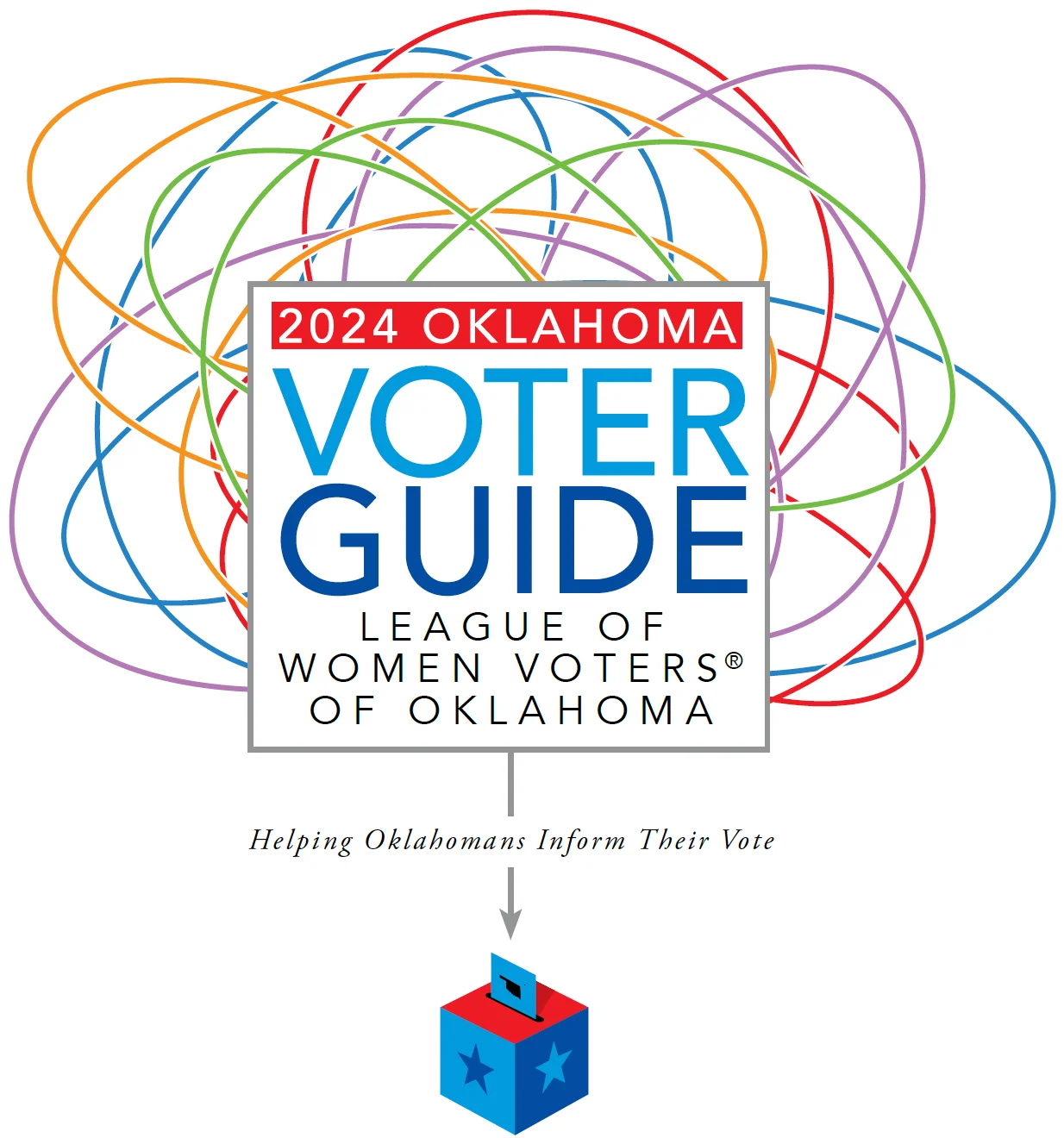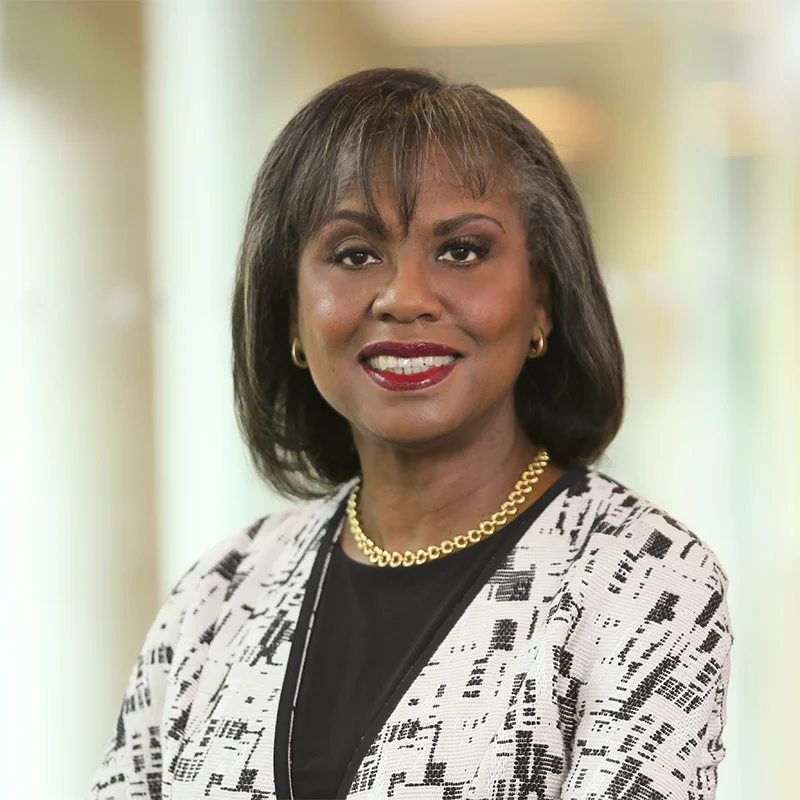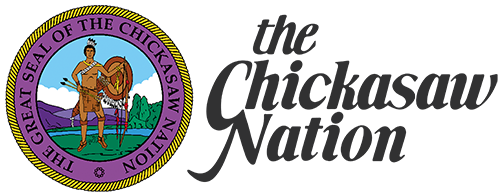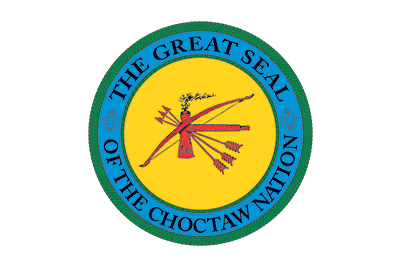



Anita F. Hill is a graduate of Oklahoma State University and Yale Law School. She teaches courses on gender, race, policy, and law at Brandeis University, serves on several nonprofit boards, and leads the Hollywood Commission, which works to eradicate harassment, discrimination, and power abuse in the entertainment industry.
Dear Fellow Oklahomans,
For me, all elections are historic. As a child, I sat with my parents at dinner every day. But on Election Day dinner was different. The distinctions were clear on Election Day mornings. My parents would dress in their best Saturday shopping day clothes. We lived in rural Oklahoma where polling places and houses were stretched some distances apart. Country roads often made for lengthy drives to the election sites. But voting offered an opportunity to visit with folks who they saw only occasionally, which my parents used to good advantage. Our dinner conversations were about who and what was on the ballot and who they’d seen that day and accounts of neighbors they saw at the election sites.
Regrettably, I don’t recall my parents ever taking me when they went to vote. But my parents’ descriptions of the voting experience convinced me of the importance of being seen at the polls. Those seemingly mundane interactions also instilled in me the desire to be recognized as someone who embraced voting, as important to our family’s welfare and the well-being of our community, state, and nation. I dreamed that one day I would vote and share stories of voting with my children.
As an adult who has seen the challenges that our democracy has faced for decades, I know my childhood concept of voting was idyllic. As a lawyer, I now know my parents were engaging in a privilege that was contested from the birth of the nation. It has taken us numerous court decisions, and several civil rights laws and amendments to the U.S. Constitution, to claim the inclusive democracy our country professes.
In 1870, the 15th Amendment to the Constitution made it possible for my great-great grandfathers to claim the right to vote. In 1920, the 19th Amendment assured women and girls, including my then 8-year-old mother, that they would have the right to vote. In 1924, what is now called the Indian Citizenship Act gave Native People citizenship and the right to the franchise. In 1964, poll taxes were abolished under the 24th Amendment. And in 1971, the 26th Amendment required states to extend the right to vote to individuals over the age of 18.
As the date draws near for what has been called a historic presidential election, I write to urge your participation. Voting offers the chance to participate in the election of our representatives. It also declares the stand that we want those leaders to take on issues. Fair and free elections are a hallmark of our inclusive democracy. At every level — from local to national — voting should be exercised as a right and a privilege. As importantly, when we vote, encourage voting, and urge unregistered voters to register and vote, we affirm we are committed to our communities and to an inclusive democracy.
We have yet to reach the ideal I held as a child. But I know we are closer to the ideal of an inclusive democracy than ever before. You are well aware of the issues this election promises to address. For this historic election with so much at stake, I ask my fellow Oklahomans, especially those who believe their vote does not matter, to suspend their skepticism. Please study the League of Women Voters 2024 Voter Guide and engage with your friends and neighbors about the issues and candidates on the ballot. Claim your right to the democracy you want for yourselves, your community, our nation now, and for future generations.
And, of course, please vote!



